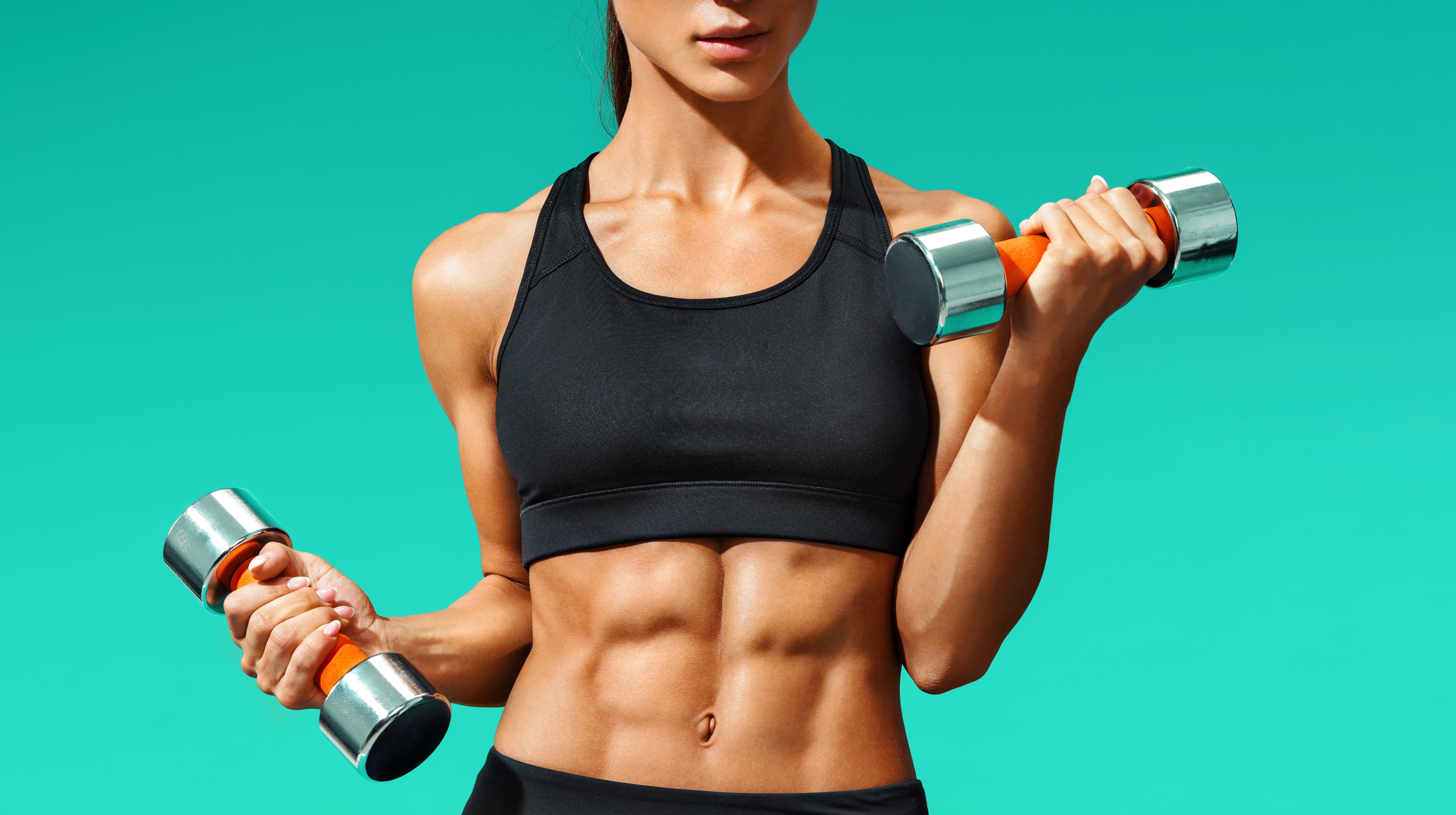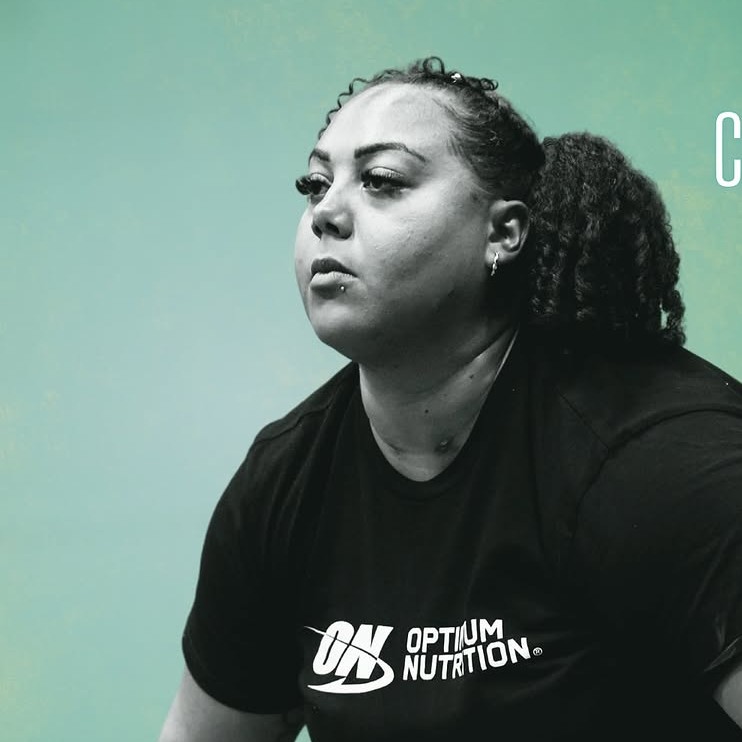

Here at Tom’s Guide our expert editors are committed to bringing you the best news, reviews and guides to help you stay informed and ahead of the curve!
You are now subscribed
Your newsletter sign-up was successful
Want to add more newsletters?

Daily (Mon-Sun)
Tom's Guide Daily
Sign up to get the latest updates on all of your favorite content! From cutting-edge tech news and the hottest streaming buzz to unbeatable deals on the best products and in-depth reviews, we’ve got you covered.

Weekly on Thursday
Tom's AI Guide
Be AI savvy with your weekly newsletter summing up all the biggest AI news you need to know. Plus, analysis from our AI editor and tips on how to use the latest AI tools!

Weekly on Friday
Tom's iGuide
Unlock the vast world of Apple news straight to your inbox. With coverage on everything from exciting product launches to essential software updates, this is your go-to source for the latest updates on all the best Apple content.

Weekly on Monday
Tom's Streaming Guide
Our weekly newsletter is expertly crafted to immerse you in the world of streaming. Stay updated on the latest releases and our top recommendations across your favorite streaming platforms.
Join the club
Get full access to premium articles, exclusive features and a growing list of member rewards.
For those of you digging into cycle syncing — the trend of planning your workout routine around your menstrual cycle — I have news for you. Top experts in the health and fitness industry, including an Olympic weightlifter and a renowned female endocrinology researcher, say that the evidence simply isn’t there.
As a personal trainer, I’ve been asked “Should you sync your workouts to your cycle?” multiple times. I’m not an expert on the topic, so earlier this year I reached out to doctors, hormonal experts and longevity coaches for their opinion. In general, they believed cycle syncing could be beneficial for women.
Personally, it makes total sense to me — I get hit hard (physically and mentally) with pre-menstrual symptoms, and I definitely couldn’t do the same workout at every stage of my cycle, of which there are four.
I was surprised, then, when I recently visited a myth-debunking panel talk at McLaren HQ with Optimum Nutrition. Unanimously, the panel of experts agreed that the evidence just isn’t there to support the physiological aspect of the cycle syncing trend.
Here’s what they said, and everything you need to know.
What is cycle syncing?
Cycle syncing means syncing your workout schedule with your monthly cycle to honor the natural shifts and fluctuations in hormones throughout the month. If you feel completely different at various points in your cycle, shifting your workout routine to match these changes in rhythm could help you manage your exercise routine better.
There are four stages to the cycle: luteal, follicular, menstrual and ovulation. During each phase, hormone levels increase and drop accordingly, and this could have an impact on how you feel, such as your pain tolerance, energy levels and mood.
Get instant access to breaking news, the hottest reviews, great deals and helpful tips.
However, there's been a huge focus on the physiological changes that occur in the body and their impact on exercise. For example, you might see influencers on social media encouraging you to go hard during your follicular phase, when a rise and fall in certain hormones "primes you" toward strength.

Earlier this year, I read that PureGym had combined forces with NHS GP and women’s health expert Dr. Shireen for a study into the menstrual cycle and exercise. The findings showed that over three in five (62%) of women in the study said they had to stop exercising due to menstrual symptoms.
Of the 2,000 women involved in the study, seven in 10 said exercise helps them manage their symptoms, but 76% find it difficult to perform the same workout during different stages.
Of those who cycle sync, 43% notice improved mood, and 37% find it helps manage menstrual symptoms. 65% of 16-24-year-old females sync compared with just 41% of those aged 25 and over, according to PureGym.
What do the experts say?

Stuart Phillips is a professor in the Department of Kinesiology at McMaster University. He is also a Tier 1 Canada Research Chair in skeletal muscle health. He is director of the Physical Activity Centre of Excellence (PACE) and the McMaster Centre for Nutrition, Exercise and Health Research, and is also a lab lead for the Exercise Metabolism Research Group.
“One thing that we can’t discount is that women definitely experience different symptoms throughout their cycles,” says Professor Stuart Phillips, a protein and muscle health expert and scientist. “One woman is not like the next woman.” However, Phillips doesn’t track with the blanket format of cycle syncing, such as being stronger in the follicular phase and weaker in the luteal phase, and training according to that theory.
“From a physiological standpoint, there’s actually no evidence to suggest that there’s much difference. In fact, some women find it the exact reverse,” he says. “The notion of trying to sync cycles and adapt your training that way is going to be tough.” It’s essential to note that Professor Phillips emphasizes how you feel is different.
The changes in hormones do result in different physiological states, but there’s very little scientific evidence to suggest that training or nutrition should be adapted on this basis to suit cycle phases. Cycle to cycle and woman to woman, it can even vary month to month.

Professor Kirsty Elliot-Sale is a researcher who specializes in female endocrinology and exercise physiology. Kirsty has a PhD in exercise physiology and has edited for the European Journal of Applied Physiology, as well as advising for the FA (Football Association).
Estrogen and progesterone are reproductive hormones, and their primary job is to prepare the body for pregnancy. They also have secondary functions, from cardiovascular to bone health and cognition.
However, a direct physiological effect of these hormones on the function or performance of, say, the muscles or physical body, hasn’t been backed by the current literature. According to renowned researcher Professor Kirsty Elliot-Sale, who specializes in female endocrinology and exercise physiology, the limited evidence available is a “mixed bag of quality.”
However, she says there may be some indirect consequences on performance. The first is “active bleeding,” otherwise known as your period, which can cause anxiety and distraction.
Another is period symptoms, although not all women suffer from them. However, Elliot-Sale says if women can detect when these are likely to happen, they might be able to get ahead of them.
The last one she notes is perception, which could shape reality. If you are told over and over again that you are weaker in one phase and stronger in another, this narrative could indirectly impact your performance or belief system around training.

Campbell is a British weightlifter, Commonwealth and five-time European Champion, and a double World and Olympic medallist.
Emily Campbell, Commonwealth and five-time European champion, and a double World and Olympic medallist, doesn’t get the luxury of choosing when her events are held or how she leads up to them. “It’s individual,” she says. “I feel different from one cycle to another.” While she might focus more on the top weights or compound exercises at certain times, she notes the indirect factors that impact her training.
“I get very painful periods,” she says. “It’s just to do with the way you feel that day, and how you make yourself feel better.” On these days, she may consume more carbs to fuel a session, for example.
Campbell adds she hit a PB on the first day of her cycle, whereas the one before, she wouldn’t have been able to do it. As a result, Campbell says she and her coaches base training on feelings (psychology) month-to-month, rather than a set guideline based on what is supposedly happening physiologically.
If you plan to sync your workouts, try to ignore the noise around physical adaptations and focus on how you feel and how you can prepare for workouts the best you can. Just because you're menstruating, it doesn't mean you can't lift heavy or set a new PB, as proven by an Olympic lifter.
More from Tom's Guide
- How your period can affect your exercise performance, according to a doctor
- Does magnesium help muscle recovery?
- Apple's Cycle Tracking will change your life — here’s how it works

Sam Hopes is a level 3 qualified trainer, a level 2 Reiki practitioner and fitness editor at Tom's Guide. She is also currently undertaking her Yoga For Athletes training course.
Sam has written for various fitness brands and websites over the years and has experience across brands at Future, such as Live Science, Fit&Well, Coach, and T3.
Having coached at fitness studios like F45 and Virgin Active and personal trained, Sam now primarily teaches outdoor bootcamps, bodyweight, calisthenics and kettlebells.
She also coaches mobility and flexibility classes several times a week and believes that true strength comes from a holistic approach to training your body.
Sam has completed two mixed doubles Hyrox competitions in London and the Netherlands and finished her first doubles attempt in 1:11.
You must confirm your public display name before commenting
Please logout and then login again, you will then be prompted to enter your display name.
 Club Benefits
Club Benefits










